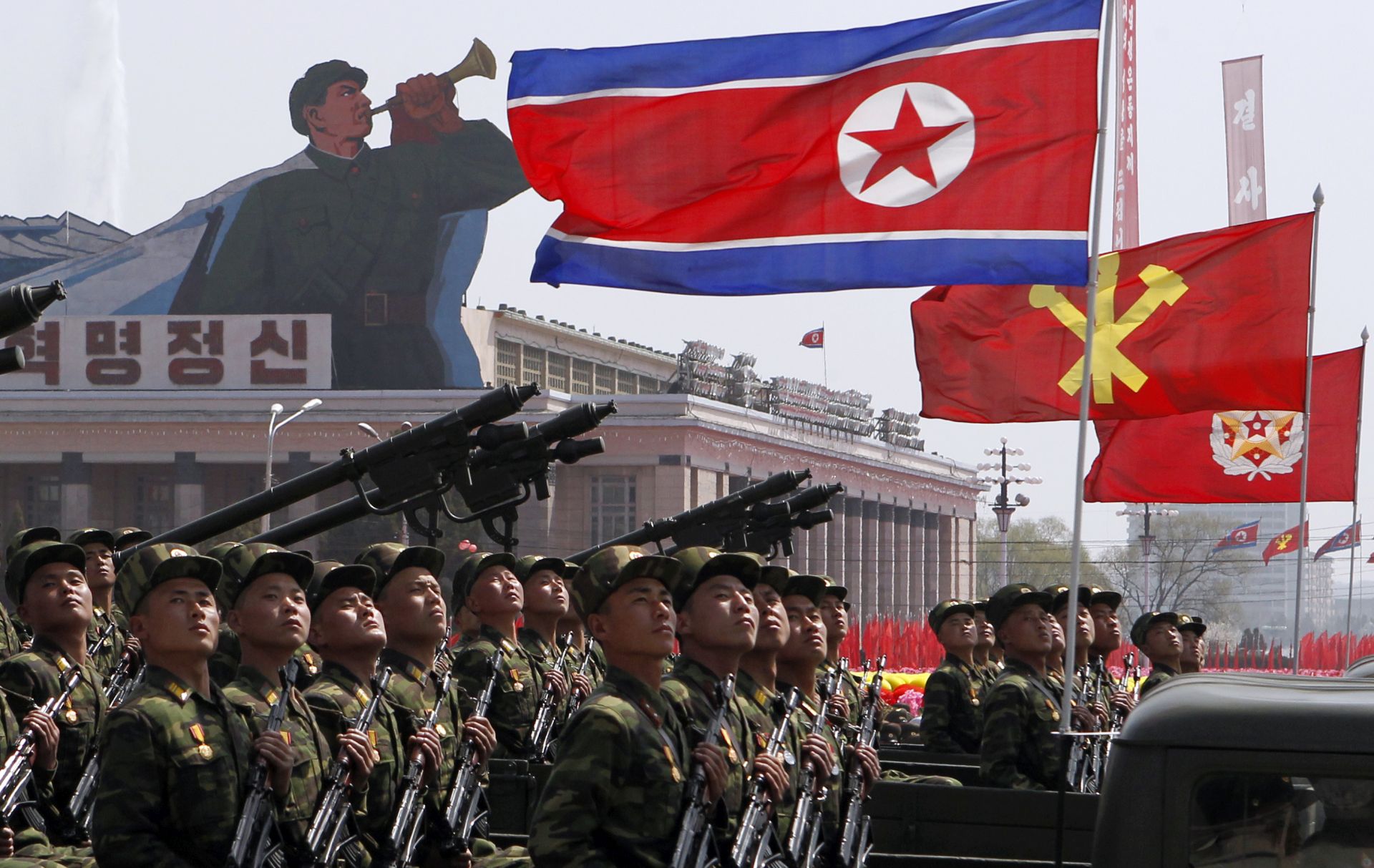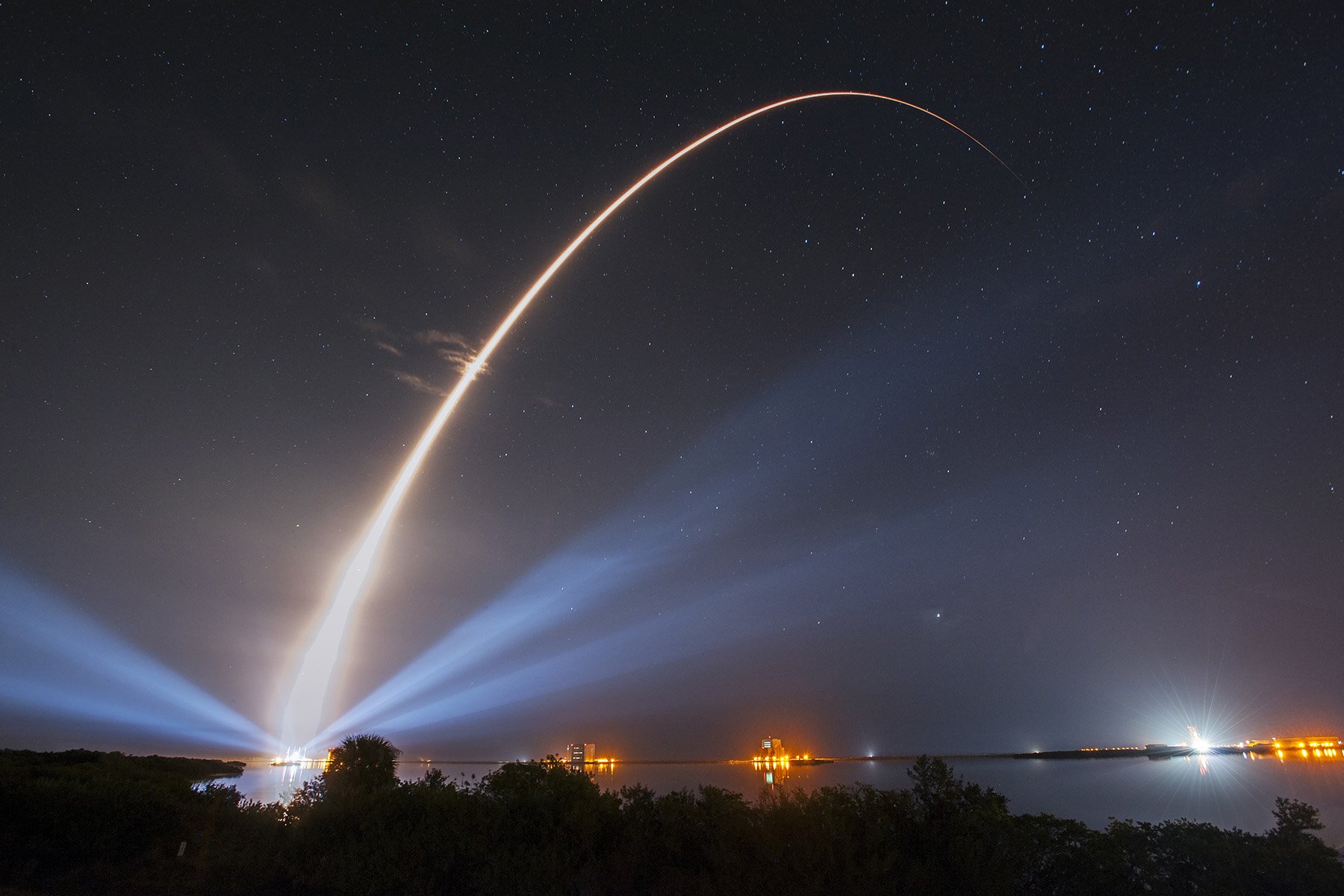North Korea’s fourth nuclear test earlier this month ended a short period of inter-Korean cooperation and restarted the Cold War standoff between Seoul and Pyongyang.
While avoiding direct military confrontation that could easily escalate into a hot war, both North and South have resumed psychological war games and tactical maneuvers to demonstrate military readiness and resolve.
On Wednesday a suspected North Korean drone was sighted crossing the inter-Korean demilitarized zone. South Korean forces responded by firing about 20 machine gun rounds at the unidentified flying object but apparently did not hit it.
“Our military fired warning shots after broadcasting a warning. Then it returned to the northern side of the border right away,” said Jeon Ha-gyu, the head of public affairs for the Joint Chiefs of Staff of South Korea’s armed forces.
North Korean propaganda
There have also been reports this week of pro-North Korean leaflets scattered throughout Seoul and its suburban areas. South Korea’s military suspects the propaganda leaflets were sent from the North by hot air balloons.
“North Korea was seen scattering leaflets from the northern area yesterday afternoon and early this morning,” Jeon said Wednesday.
North Korea analyst Ahn Chan-il, with the World Institute for North Korean Studies in Seoul, said there is no real concern that Pyongyang’s propaganda efforts could have any real ability to intimidate or to change hearts and minds in the economically advanced and democratic South Korea.
“South Koreans have a high-level psychological understanding about North Korea. Even if Kim Jong Un brags about conducting a fourth nuclear test, South Koreans will not be agitated by such actions,” said Ahn, a North Korean defector.
Activists in the South used the same balloon-launching tactic in the past to send anti-Kim Jong Un propaganda, as well as DVDs of South Korean soap operas and other news from the outside world, to the North, where such material is banned.
In 2014 a South Korean balloon launch set off an exchange of gunfire between the two military forces in the demilitarized zone (DMZ).
Last year, after the two Koreas reached a settlement in August to cease provocations, Seoul prevented activists from using the balloon technique. The agreement, reached to prevent a land-mine incident from escalating into a wider conflict, also brought the two Koreas together to host a reunion for families that had long been separated by the division of the country after World War II.
Dueling loudspeakers
After the North’s nuclear test January 6, the South resumed propaganda loudspeaker broadcasts, blaring bursts of anti-North Korean slogans and “K-pop” music directed at the thousands of North Korean military personnel stationed in the DMZ.
South Korean President Park Geun-hye said the broadcasts have worked in the past to demoralize North Korean troops.
“According to defectors who served on the North’s front line, they first didn’t trust what loudspeakers broadcast said, but they came to believe it and then crossed the border, risking their lives,” Park said in a televised speech Wednesday.
North Korea has reportedly responded by starting its own loudspeaker stations in the DMZ to counter the South’s broadcasts.
South Korea’s defense ministry said Thursday it is preparing to install large electronic billboards, similar to those used in sports stadiums, in the DMZ. Seoul last used the electronic billboards in 2004, displaying slogans such as “Come Over to the Republic of Korea.”
“It takes some time to arrange them because the electronic bulletin boards that were used before were dismantled or old,” South Korea Defense Ministry spokesman Kim Min-seok said.
‘Meaningful’ sanctions
Meanwhile, envoys from the United States, Japan and South Korea met in Seoul Thursday to coordinate efforts to develop “meaningful” international sanctions that will both significantly penalize the Kim Jong Un leadership and also gain the support of China.
“I hope the Chinese authorities agree with us that we simply cannot take the business-as-usual approach to this latest provocation. We will be working very closely with them to come up with a meaningful resolution,” said Sung Kim, U.S. Special Representative for North Korea Policy.
Without the cooperation of China, North Korea’s key economic supporter, sanctions will have limited impact.
Beijing, which criticized North Korea’s nuclear test, has been reluctant to back severe sanctions that could cause instability along its border and spark further conflict.
Defense officials from China and South Korea are scheduled to meet Friday in Seoul to discuss the increasingly tense security situation on the Korean peninsula.











